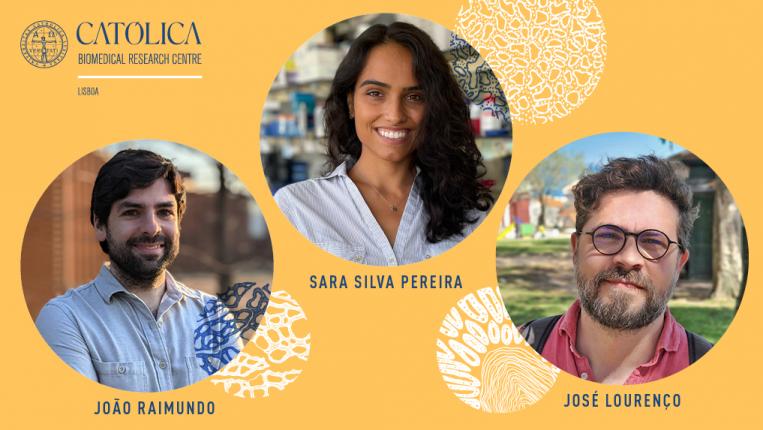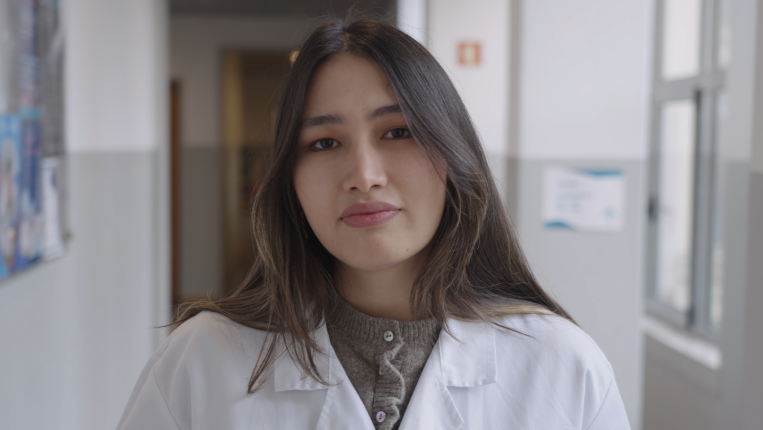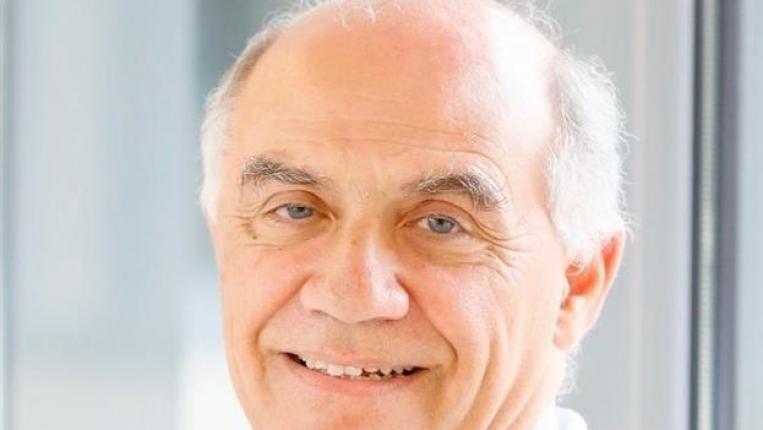
CBR has recently opened an international call for Junior Group Leader Positions that attracted over 100 applications and resulted in three new hires joining the team in September 2023.
All three recent CBR recruits have research lines focused on fundamental aspects of biomedicine, ranging from mathematical modelling of disease ecology to parasitology and regulation of gene expression.
José Lourenço is an infectious disease ecologist as well as a computational biologist, with educational background in Software Engineering, Theoretical Epidemiology, and Public Health. His work with real-time epidemiological and genomics data during international public health crises such as the COVID-19 pandemic, the South American Zika and Chikungunya mosquito-borne epidemics and others, helped identify virus spread routes, contributed to the discovery of SARS-CoV-2 variants, and informed the World Health Organization’s dengue vaccination policy. José has built genomics-based computational pipelines informed by theoretical predictions from transmission models, to reshape conventional R&D pathways for vaccines against multi-strain pathogens, namely Influenza A and B viruses. He has also devised computational methods to better understand climate change effects on the dynamics and distribution of infectious disease caused by mosquito-borne viruses such as Dengue, Zika, Yellow Fever and West Nile. In addition to linking his vast overseas collaborative network to the CBR, José will expand his R&D pathways to other pathogens and concentrate his new lab´s efforts on arboviruses and climate change research in Portugal.
Sara Silva Pereira is a parasitologist who studies the infection biology of African trypanosomes, tropical unicellular parasites that cause sleeping sickness in humans and animal trypanosomiasis, a disease that has a tremendous impact on cattle in Africa and South America. With a background in Biomedical Sciences, Biochemistry, and Veterinary Parasitology, Sara combines computational and cellular biology approaches with bioengineering tools. For her postdoctoral work, Sara dissected the immunopathology of severe cerebral animal trypanosomiasis using several methods, including transcriptomic profiling, imaging, flow cytometry and mouse behavioural assessments. She established a mouse model of acute cerebral trypanosomiasis that allowed her to propose a mechanism whereby parasite adhesion to blood vessels, named sequestration, and the host immune system, through CD4+ T cells, play a pivotal role in disease. At CBR, in her first position as a Group Leader, Sara will build on this work by combining high-throughput computational methods with molecular evolution and microfluidic tools, to further understand the process of parasite sequestration and its implications to parasite survival and disease severity.
Trained in Molecular and Developmental Biology, João Raimundo has been studying the gene regulatory mechanisms underlying developmental patterning from plants to the fruit fly Drosophila melanogaster. His postdoctoral work culminated in the identification of novel features of genome organization that ensure proper timing of gene expression in the fly embryo. Using state-of-the-art quantitative single-cell transcription live imaging and genome-wide methods to capture 3D genome contacts, João discovered promoter proximal tethering elements, features that physically pair promoters of distal genes to achieve synchronized transcriptional co-bursting. Conceptually similar to bacterial operons, these “Topological Operons” offer a layer of long-range integration of gene activity that had thus far eluded researchers, ostensibly due to a lack of appropriate technologies to visualize gene activity in living embryos. As a CBR member, João hopes to further capitalize on such experimental advances and conceptual approaches to reveal other hidden properties of 3D genome regulation.
José Lourenço comes to the CBR from Principal Investigator positions at both the University of Lisbon (Portugal) and the University of Oxford (UK), whereas João Raimundo and Sara Silva Pereira hail from post-doctoral researcher positions in Michael Levine’s lab at Princeton University (USA) and Luisa Figueiredo´s lab at the Instituto de Medicina Molecular João Lobo Antunes (Portugal), respectively. We are delighted to announce that Sara has just been awarded a “La Caixa Postdoctoral Junior Leader Fellowship”, that she will start at CBR.
Universidade Católica Portuguesa welcomes the new group leaders and wishes them a successful and joyful career.



